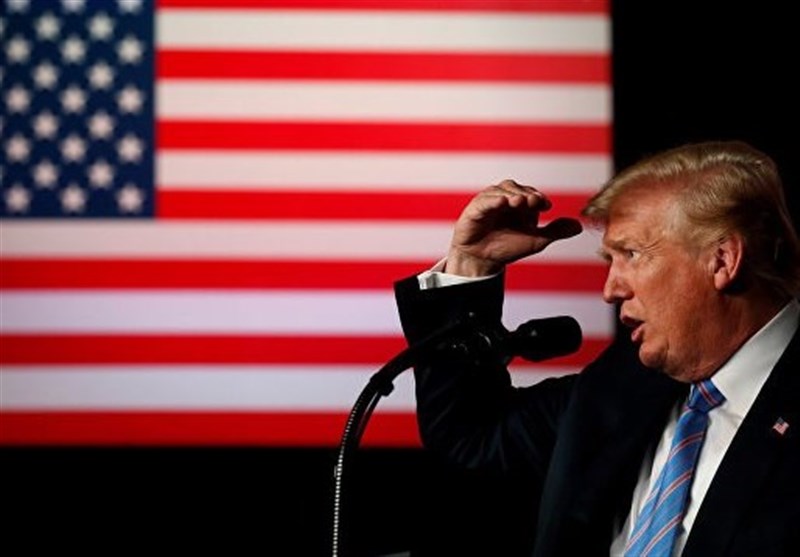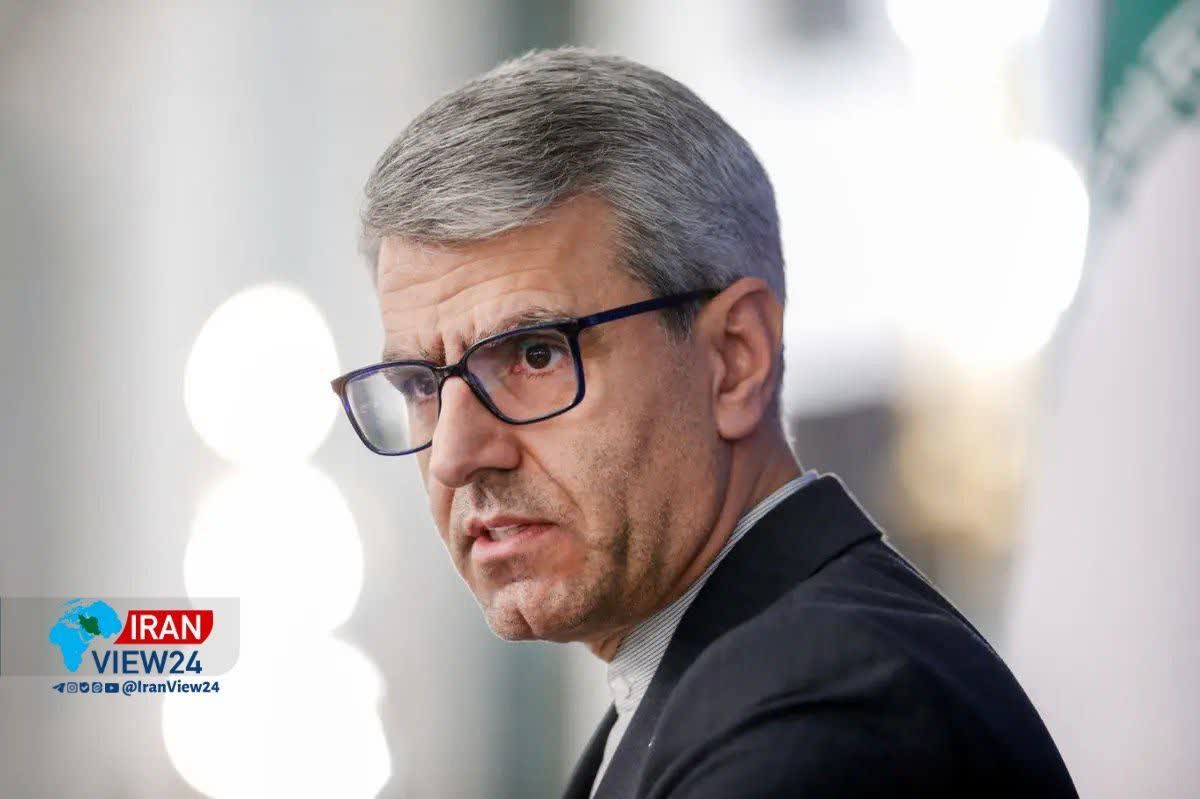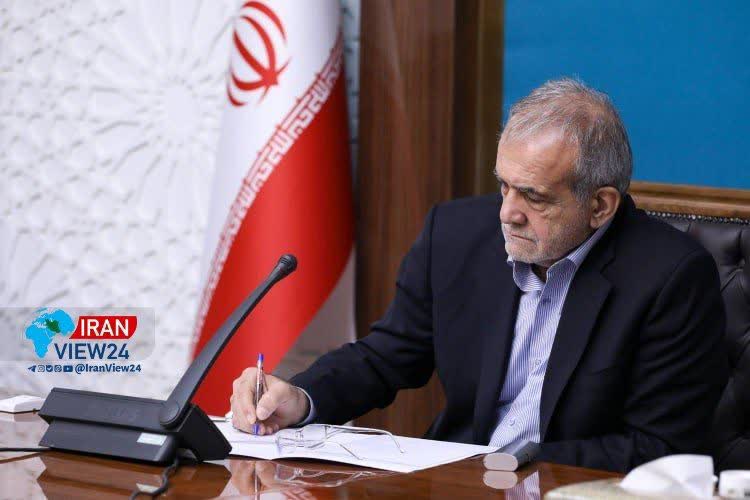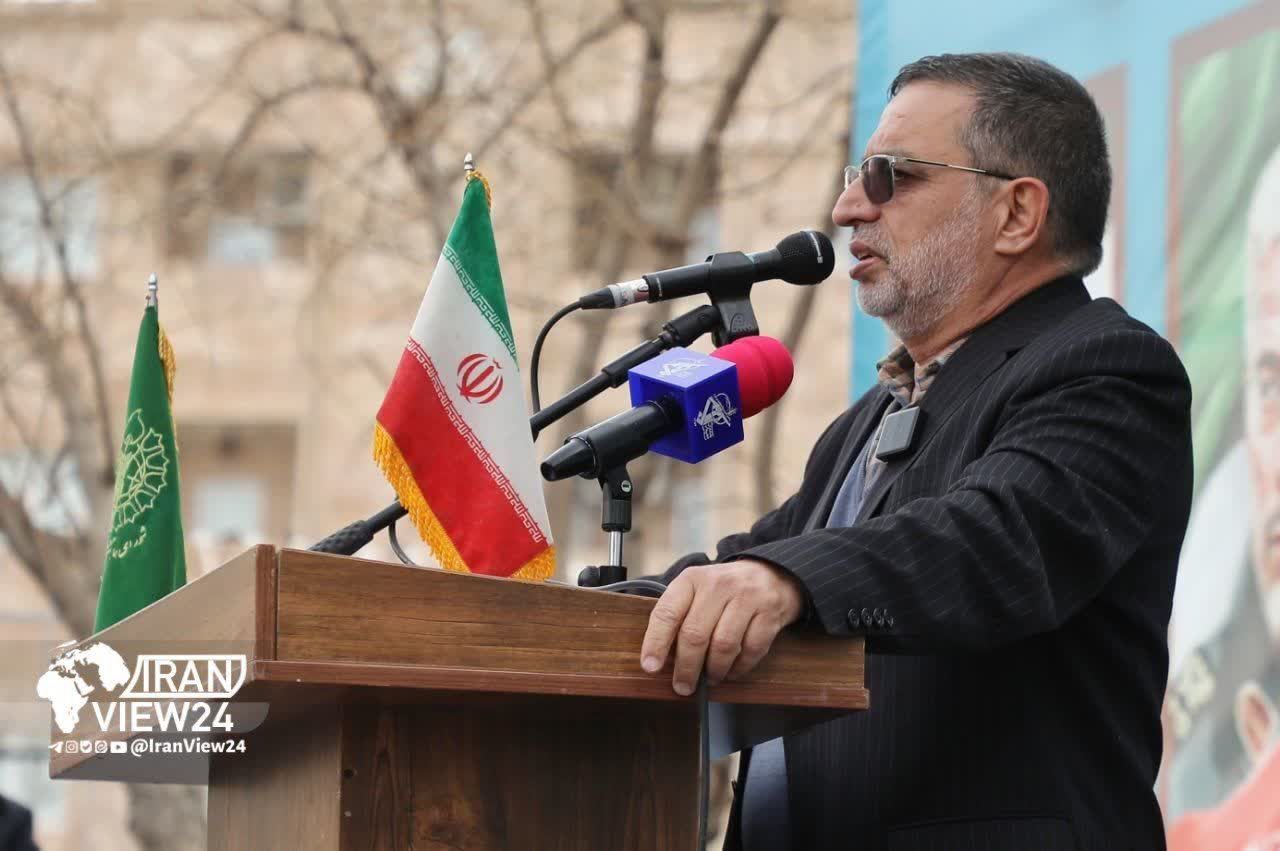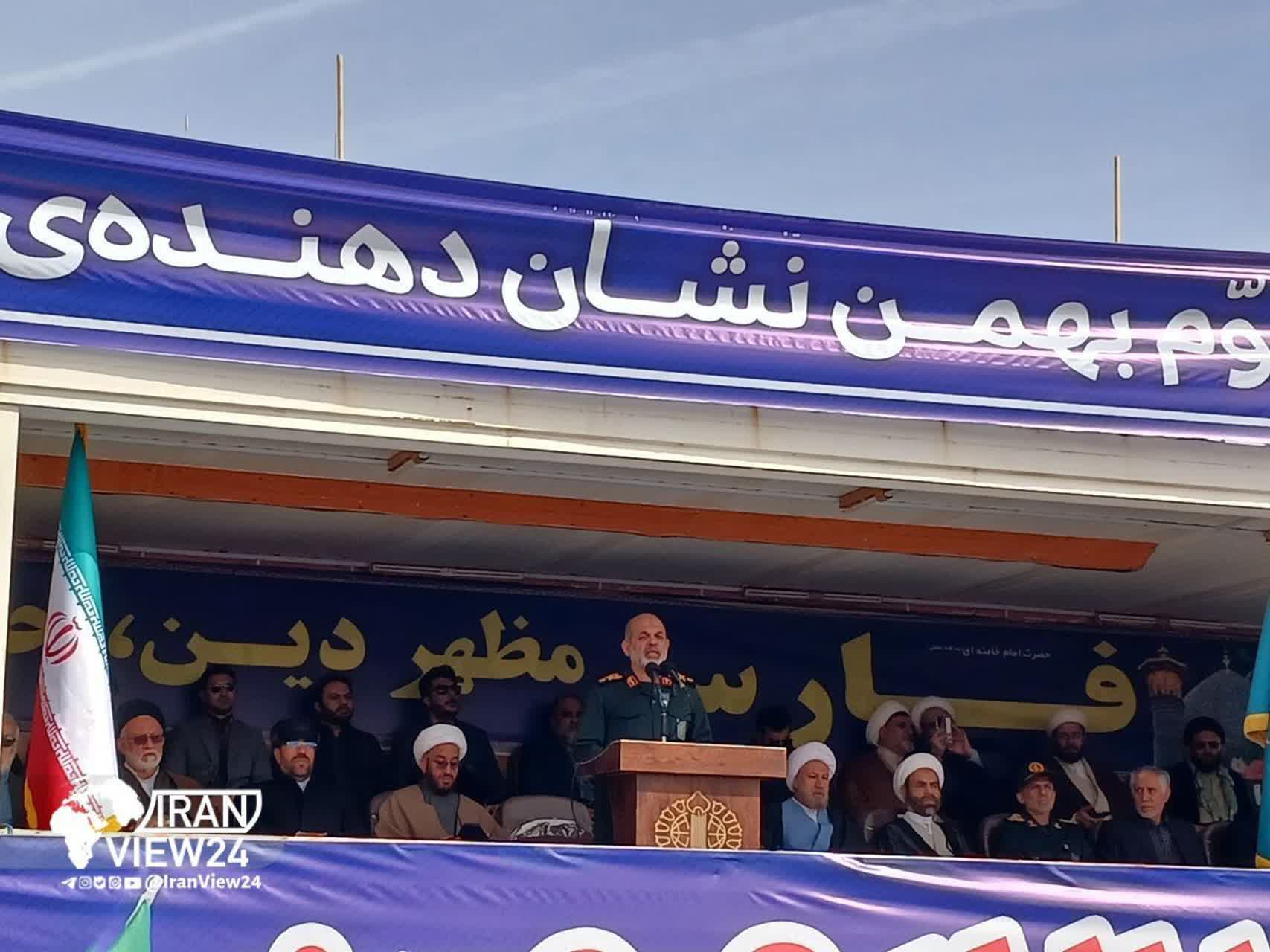Tehran – Iran View24 – 1 June
In a significant development in U.S. foreign policy, the White House has instructed all federal agencies to refrain from initiating any new sanctions against Iran. Some media outlets have interpreted this move as a sign of serious reconsideration of the “maximum pressure” campaign that dominated Washington’s strategy during Donald Trump’s presidency.
According to The Wall Street Journal, this directive was issued by White House Press Secretary Karoline Leavitt. It was swiftly communicated to key bodies such as the National Security Council, the Department of the Treasury, and the State Department. Analysts view this move as a step toward shifting the U.S. approach to Iran and potentially reopening the path for diplomacy.
Has the Maximum Pressure Policy Ended?
A source close to the White House told the Wall Street Journal that the Trump-era maximum pressure campaign has effectively been halted. In recent weeks, Washington has not announced any new sanctions on Iran, and several scheduled actions have been suspended. Notably, since May 21, 2025, the Treasury Department has issued no new sanction packages.
The report also notes that the suspension order lacks a defined end date, raising questions about the scope and ultimate intent of this policy shift.
From Internal Instability to International Motivations
Observers point to internal instability within the U.S. foreign policy apparatus. The Wall Street Journal reports that, unexpectedly, the order did not come from the Treasury or National Security Council, but rather from the White House press office—a reflection of serious dysfunction within the NSC and lack of coordination between the State Department and the Vice President’s office.
Similarly, CBS has reported that the NSC communications team is in crisis and that policy responsibilities are not being properly distributed among decision-making bodies. Some experts view this disarray as a sign of declining cohesion in U.S. foreign policy leadership.
Negotiation or Buying Time?
The Wall Street Journal suggests that the suspension may be a tactical move to reduce tensions ahead of a new round of indirect nuclear negotiations mediated by Oman. However, former US officials warn that this decision might be over-interpreted and that key policy players are being sidelined.
The report repeats unproven claims that it was the pressure campaign that brought Iran to the negotiating table, and that with pressure now paused, Tehran may be trying to “buy time”—a claim that contrasts sharply with Iran’s stated commitment to diplomacy based on mutual respect.
Focus on China, Qatar, and Related Issues
Another key aspect is the deep entanglement of Iran sanctions with U.S. relations with countries such as China, Japan, India, and the European Union. China remains the largest buyer of Iranian oil, and U.S. efforts to manage ties with Beijing appear to have influenced recent White House decisions.
Moreover, no change has yet occurred in restrictions on Iranian oil sales or frozen assets in Qatar. But the lack of clarity surrounding the extent of the sanctions freeze has added confusion to the U.S. policy landscape.
Is a Strategic Shift Underway?
This development raises an essential question among Iranian observers: Is the U.S. administration truly abandoning the maximum pressure strategy, or is it merely repackaging it to gain trust, impose nuclear terms, or manipulate Iran diplomatically?
If this decision is merely intended to ease tensions or resume talks, it may not significantly impact U.S.-Iran relations. However, if Washington demonstrates a serious revision of its coercive policy, this could have profound implications for regional dynamics and the prospects of a future agreement between the two nations. What is clear is that U.S.-Iran relations are entering a new phase—one that demands transparency, rationality, and a departure from previously failed approaches.

